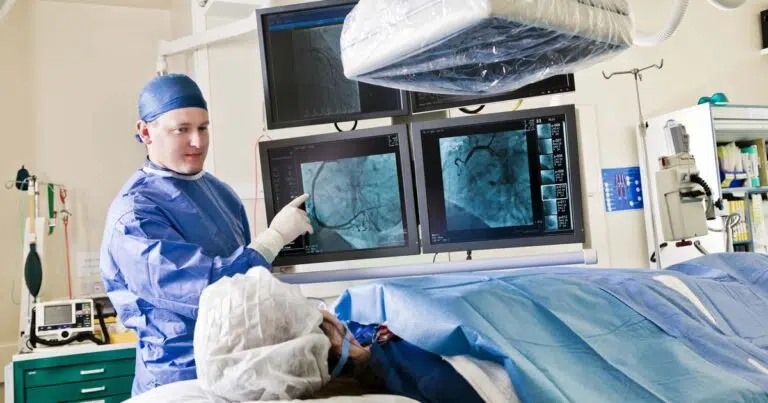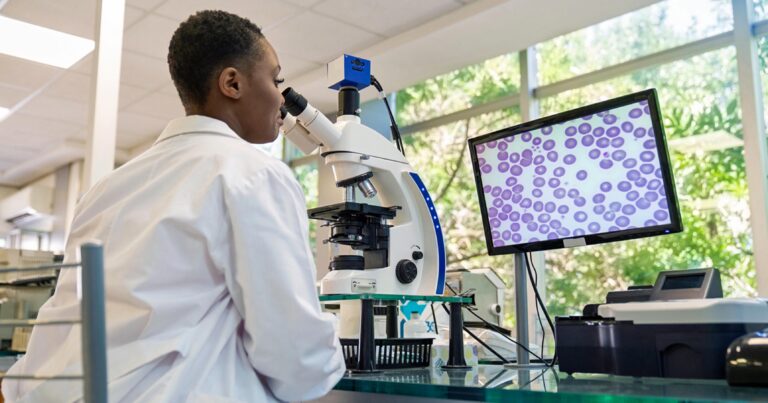CT Tech Jobs
- 147 open jobs
- Jobs added hourly
Highest paying
CT Technologist
- Sutter Health
- San Francisco, CA
$64-80/hour
Level III - CT Technologist
- Sutter Health
- Burlingame, CA
$64-80/hour
Level III - CT Technologist
- Sutter Health
- Burlingame, CA
$64-80/hour
CT Technologist
- Sutter Health
- Burlingame, CA
$64-80/hour
Level III - CT Technologist
- Sutter Health
- Mountain View, CA
$64-80/hour
New this week
CT Technologist
- Sutter Health
- San Francisco, CA
$64-80/hour
Level III - CT Technologist
- Sutter Health
- Burlingame, CA
$64-80/hour
Level III - CT Technologist
- Sutter Health
- Burlingame, CA
$64-80/hour
CT Technologist
- Sutter Health
- San Francisco, CA
$59-74/hour
CT Technologist
- Sutter Health
- Oakland, CA
$58-73/hour
Top rated employer
CT Technologist
- Memorial Sloan Kettering Cancer Center
- New York, NY
- 5x8 hrs, Nights
- Sign-On Bonus
$45-71/hour
Supervisor - Clinic CT Technologist
- Inova Mount Vernon Hospital
- Alexandria, VA
- Days
$34-51/hour
CT Technologist
- Summerville Medical Center
- Summerville, SC
$30-39/hour
CT Technologist
- Saint Vincent Hospital at Worcester Medical Center
- Worcester, MA
- 5x8 hrs, Evenings
- Sign-On Bonus
$35+/hour
CT Technologist
- Abrazo West Campus
- Goodyear, AZ
- 4x10 hrs, Days
- Sign-On Bonus
$29-38/hour
Similar specialties
Manager - Radiology Technologist
- Sutter Health
- Santa Rosa, CA
$70-112/hour
Nuclear Medicine Technologist
- Sutter Health
- San Mateo, CA
$77-97/hour
Supervisor - Radiology Technologist
- Sutter Health
- San Francisco, CA
$73-99/hour
Level II - Radiation Therapist
- Sutter Health
- Palo Alto, CA
$70-91/hour
Radiation Therapist
- Sutter Health
- Castro Valley, CA
$70-91/hour
All staff jobs
CT Technologist
- Sutter Health
- San Francisco, CA
$64-80/hour
Level III - CT Technologist
- Sutter Health
- Burlingame, CA
$64-80/hour
Level III - CT Technologist
- Sutter Health
- Burlingame, CA
$64-80/hour
CT Technologist
- Sutter Health
- Burlingame, CA
$64-80/hour
Level III - CT Technologist
- Sutter Health
- Mountain View, CA
$64-80/hour
Level III - CT Technologist
- Sutter Health
- San Francisco, CA
$64-80/hour
CT Technologist
- Sutter Health
- Castro Valley, CA
$57-75/hour
CT Technologist
- Sutter Health
- Castro Valley, CA
$57-75/hour
CT Technologist
- Sutter Health
- San Francisco, CA
$59-74/hour
CT Technologist
- Sutter Health
- Antioch, CA
$59-74/hour
Level III - CT Technologist
- Sutter Health
- Vallejo, CA
$59-74/hour
Senior - CT Technologist
- AHMC - Hospital
- Fort Bragg, CA
$49-73/hour
CT Technologist
- Sutter Health
- Oakland, CA
$58-73/hour
CT Technologist
- Memorial Sloan Kettering Cancer Center
- New York, NY
- 5x8 hrs, Nights
- Sign-On Bonus
$45-71/hour
CT Technologist
- Sutter Health
- Folsom, CA
$56-70/hour
CT Technologist
- Sutter Health
- Tracy, CA
$56-70/hour
CT Technologist
- Sutter Health
- Auburn, CA
$56-70/hour
CT Technologist
- AHHM - Hospital
- Willits, CA
$46-69/hour
CT Technologist
- AHUV - Hospital
- Ukiah, CA
$46-69/hour
CT Technologist
- AHHM - Laboratory and Imaging
- Willits, CA
$46-69/hour

CT Tech Jobs Salary Insights
Average CT Tech Salary
$44.33/hour
The average salary for a CT Tech is $44.33 per hour. This is 4% higher than the practicing US average of $42.56.
Last updated on April 24, 2024. Based on active jobs on Vivian.com.
CT Tech Jobs FAQs
What hospitals currently have the most CT Tech job opportunities?
The hospitals on Vivian that currently have the most CT Tech jobs are Phoebe Putney Memorial Hospital (10 jobs), New York University Langone Medical Center Tisch Hospital (8 jobs), and The Mount Sinai Hospital (8 jobs).
Does Vivian have any local contract CT Tech jobs?
As of Thursday, April 25th 2024, Vivian has 104 listings for local contract CT Tech jobs. These jobs pay $63 per hour on average, and up to $87 per hour for the top-paying job listed.
Does Vivian have any travel CT Tech jobs?
As of Thursday, April 25th 2024, Vivian has 10,110 listings for travel CT Tech jobs. These jobs pay $2,400 per hour on average, and up to $4,512 per hour for the top-paying job listed.
Where can I learn more about working as a CT Tech?
Take a look at Vivian's CT Tech Career Guide for more information, including required education, responsibilities, pros and cons and more.
What is a CT Tech?
Computed tomography technicians, or CT techs, are allied health professionals who specialize in computerized X-ray imaging procedures. CT techs operate CT equipment to produce cross-section internal images of patients’ bodies for diagnosing various medical issues. Becoming a CT tech can be a fulfilling career choice with job security and above average pay. According to the Bureau of Labor Statistics, employment of radiologic technologists is expected to grow 7% between 2019 and 2029.
Discover our CT Tech Jobs Community Hub

Highest-Paid Surgical Technology Specialties in 2024

6 Ways Allied Health Certifications Enhance Your Career

The Fastest Growing Allied Health Careers in 2024

How Long it Takes to Get 6 Healthcare Degrees — And How Much They Pay

Top 10 Highest-Paying Allied Health Specialties for 2024
